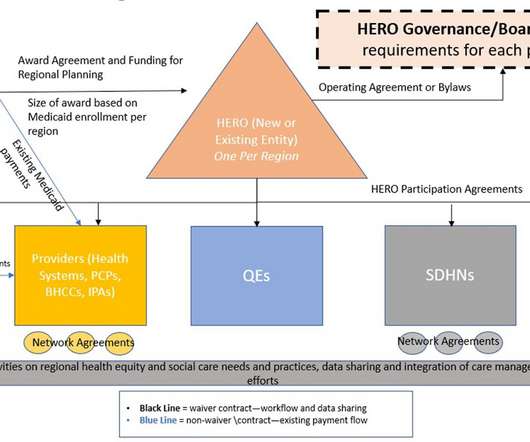Data Quality Scrutiny, SDoH, Value-Based Care…What are the New Healthcare Truths of 2023?
Healthcare IT Today
JANUARY 23, 2023
Many facets of healthcare remained in a state of flux at the close of 2022, as care practices that started during the pandemic found their way into the mainstream, and enthusiasm for new data sources and interoperability outpaced the realities of implementation. Medicare saved $1.6














Let's personalize your content